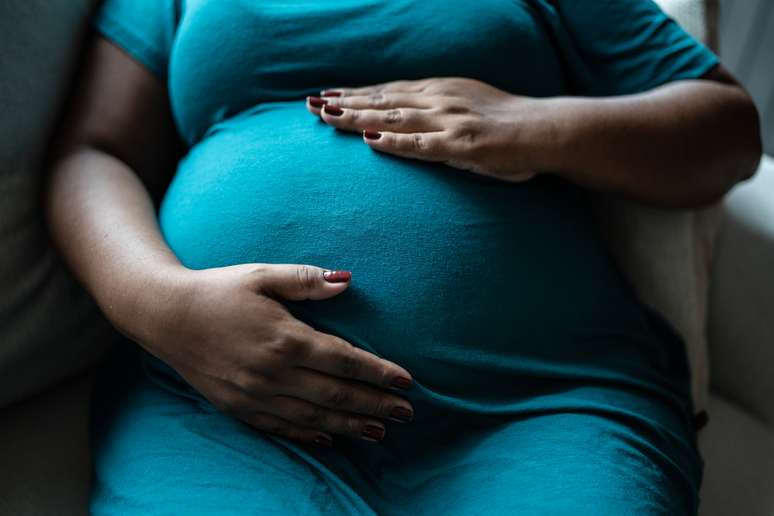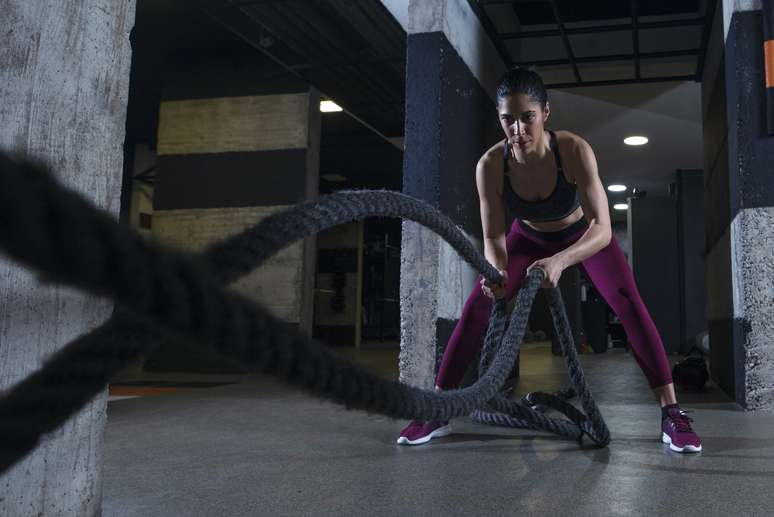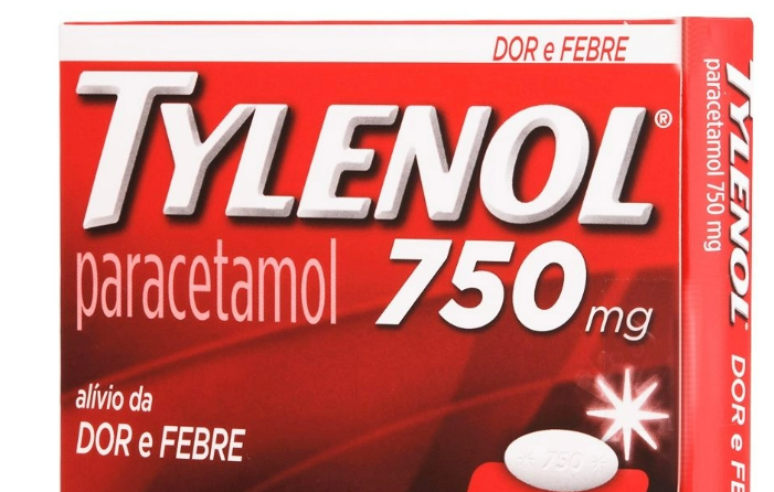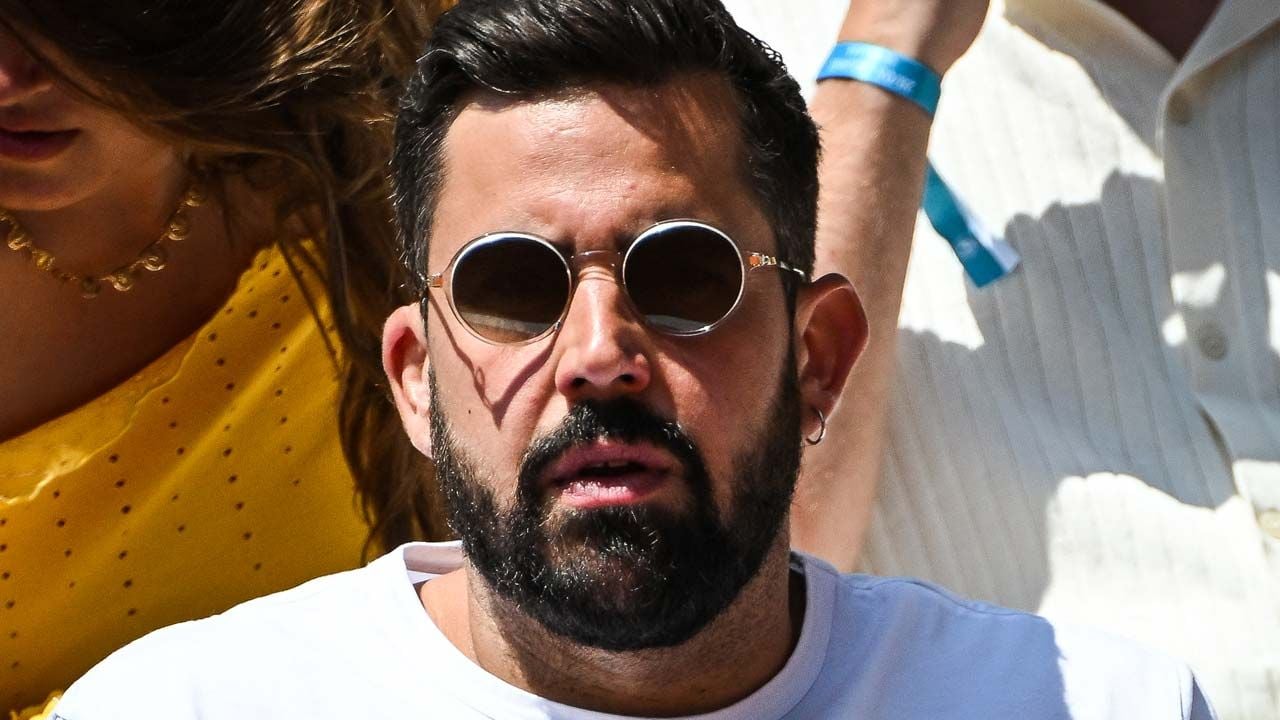According to experts, after the age of 35 there is a decline in the quantity and quality of oocytes; Despite this, even older women can undergo the procedure
With the advancement of reproductive medicine, the egg freezing It has become an increasingly common choice among women who wish to postpone motherhood, whether for professional, health or personal reasons. However, as this technique gradually becomes popular, there are many of them doubts emerge, among which age is one of the main ones. But is there really a best age for those who want to freeze their eggs?
Second gynecologist and midwife Audrey dos Reis, there is no contraindicated age for freezing, however the best option is for it to be carried out up to 35 years of age. Up to this age, women still have a good ovarian reserve, with larger and better quality eggs, which ensure a better response to the procedure. From age 35, this reserve begins to decline more significantly.
Despite this, doctors point out that up to the age of 37 the patient generally responds satisfactorily to the operation. Although there is no age limit for egg freezing, some experts advise against doing it after the age of 42, because the number of eggs collected in this cycle is even lower, as is the rate of pregnancy with the use of these gametes.
In any case, each woman’s response can vary even at the same age. This is because, when considering pregnancy, it is important to take into account factors that go beyond age, such as lifestyle habits (smoking, for example) or even the presence of comorbidities. Precisely for this reason it is important that the patient undergoes tests to evaluate her ovarian reserve. If you are over 42 and do not get a good response to stimulation, one option for getting pregnant is to use donated eggs.
How does egg freezing happen?
The procedure begins with the use of injectable and oral hormonal drugs to stimulate the ovaries and induce ovulation. On a period Normally only one egg from the ovarian reserve will be mature and ready for fertilization. The rest is discarded (that’s about a thousand eggs lost per month!).
In the case of induction carried out by hormonal stimulation, the objective is the development of multiple follicles, thus allowing the maturation of multiple oocytes at the same time.
Hormones are taken from the second or third day of menstruation for 10-12 days. During this period the woman undergoes ultrasounds which will monitor the maturation of the oocytes.
When the doctor deems them to be of adequate size, he schedules the collection of these eggs in 36 hours, carried out using an endovaginal ultrasound accompanied by a very thin needle that aspirates the oocytes. In this procedure, the woman receives light anesthesia. After aspiration, the eggs are frozen.
How many eggs are frozen per stimulation cycle?
This number depends on each woman and the age at which she underwent freezing. According to experts, the ideal number of eggs to freeze is 15, but eight eggs is already considered a satisfactory result.
However, the average number of frozen eggs is between 10 and 12 between the ages of 35 and 37; eight between 38 and 39 years old; six from 40 to 42 years old and three or four eggs among women over 42 years old.
How do you use a frozen egg to get pregnant?
In order for the frozen egg to be used in a future pregnancy, the woman must undergo in vitro fertilization (IVF), that is, the egg must be thawed and fertilized with the sperm of her partner or a donor (in case of independent production ). The embryo is then implanted into the woman’s uterus.

5 myths and truths about the Pap test
Is it possible to freeze eggs via SUS?
Some units of Unified Health System (SUS)such as Pérola Byington State Hospital, in São Paulo, offer the service, but generally aimed at cancer patients who, due to the removal of reproductive organs or treatment with fertility-damaging drugs, such as chemotherapy, undergo freezing.
How much does it cost to freeze eggs?
Costs vary depending on the clinic, the team and the amount of medications needed, which varies depending on the woman’s age, weight and other medical conditions. On average, the cost of each cycle of ovarian stimulation for freezing varies from R$ 15,000 to R$ 25,000. Additionally, the patient must pay an annual fee to keep the eggs frozen, which amounts to approximately R$1,000 per year.
It is also important to remember that, later, when the woman decides to use the eggs to try to get pregnant, she will have to undergo in vitro fertilization (IVF), adding a cost of R$10,000 to R$15,000.
Source: Terra
Ben Stock is a lifestyle journalist and author at Gossipify. He writes about topics such as health, wellness, travel, food and home decor. He provides practical advice and inspiration to improve well-being, keeps readers up to date with latest lifestyle news and trends, known for his engaging writing style, in-depth analysis and unique perspectives.









